Climate-Friendly Fuel Pilot Plant for Renewable Methane
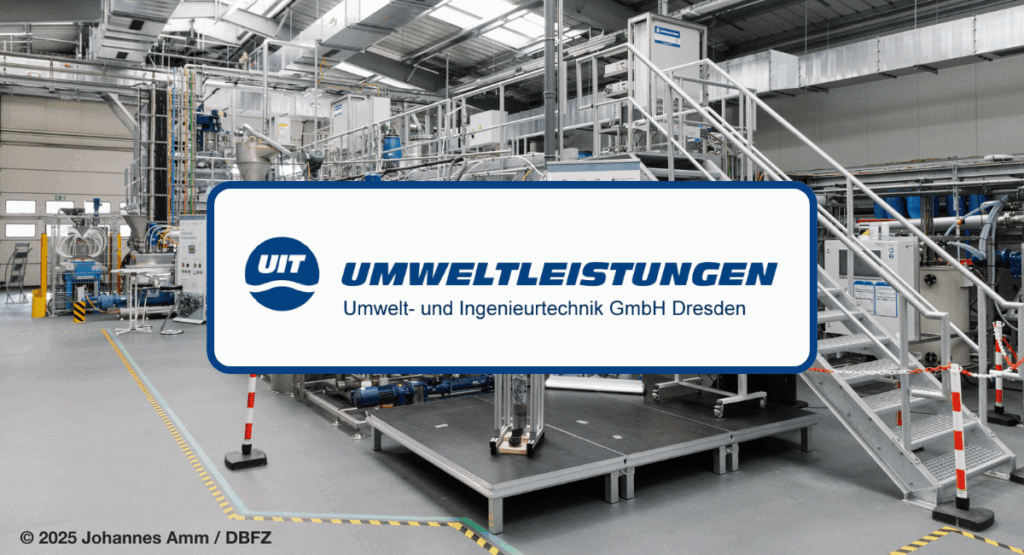
Climate-friendly Fuel Pilot Plant for Renewable Methane Goes Into Operation in Leipzig on April 11, 2025
By Umwelt- und Ingenieurtechnik GmbH Dresden (UIT)
A new pilot plant with an area of around 800 square meters has been commissioned at the German Biomass Research Center in Leipzig. This pilot plant, designed and built by Umwelt- und Ingenieurtechnik GmbH Dresden (UIT), enables the efficient conversion of biogenic residues, waste and green hydrogen into renewable biomethane.
This marks a significant step forward for the research center in investigating the use of biomethane in areas that are difficult to electrify, such as heavy-duty transport and shipping. Organic materials are converted into high-quality synthetic biogas in a multi-stage process. This process combines anaerobic digestion, hydrothermal pre-treatment and post-treatment, as well as catalytic methanization. This biogas is then available as a climate-friendly energy source.

The incoming substrate is first stored and cooled if necessary. This is followed by preconditioning, which, depending on the requirements, includes crushing, mixing or precise dosing for the subsequent process. In an optional process step, the fresh substrate can be hydrothermally pretreated to increase fermentation efficiency.

The core process is the anaerobic fermentation of biomass to produce biogas, consisting of methane (CH4) and carbon dioxide (CO2). Catalytic methanation converts CO2 with hydrogen into pure synthetic methane – the plant’s main product. Filtration units enable the targeted recycling or external use of by-products such as solid and liquid fertilizers, as well as water of dischargeable quality. The fermentation residues can optionally be hydrothermally converted into hydrocharcoal.

Higher-level technological systems control, coordinate, and ensure the interaction of all subprocesses. The pilot plant’s closed-loop recycling management system ensures that all material flows are balanced and recycled, making the plant particularly resource efficient.
Tailor-made Solutions for Technical Challenges
Scaling was a key challenge in the system’s development. As the processes had to remain economical on a small scale, industrial-grade components such as pumps and valves were often too large. The UIT engineering team overcame this challenge through numerous optimizations.

Safety requirements were also a key focus of this project. In addition, the scientific environment of the pilot plant places special demands on planning, construction, and documentation, as the result of the investigations with the pilot plant must be precisely evaluated and utilized.
For more information, please visit: https://www.uit-gmbh.de/en/products/biogas-test-and-bioreactor-plants
For more information, read our European Biogas Magazine.

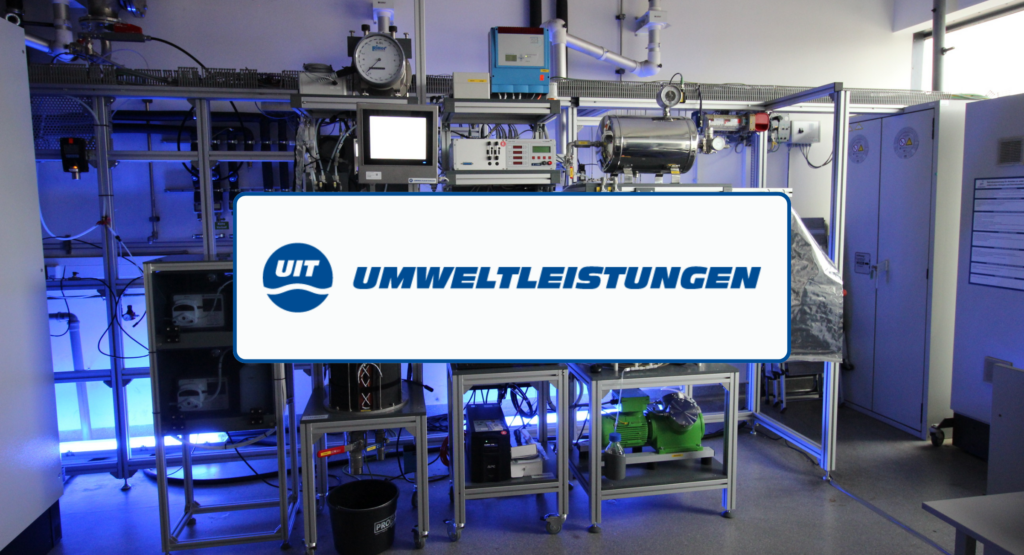
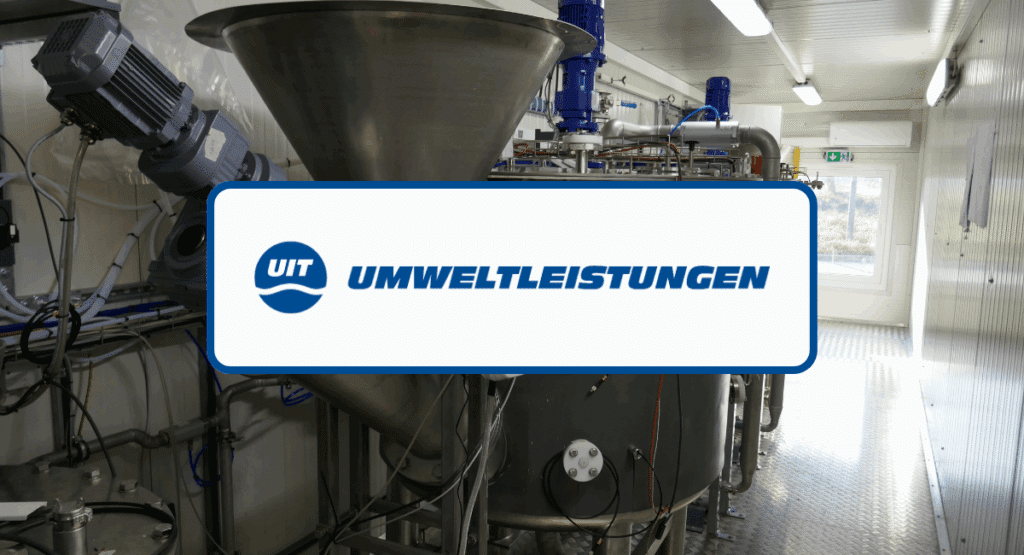
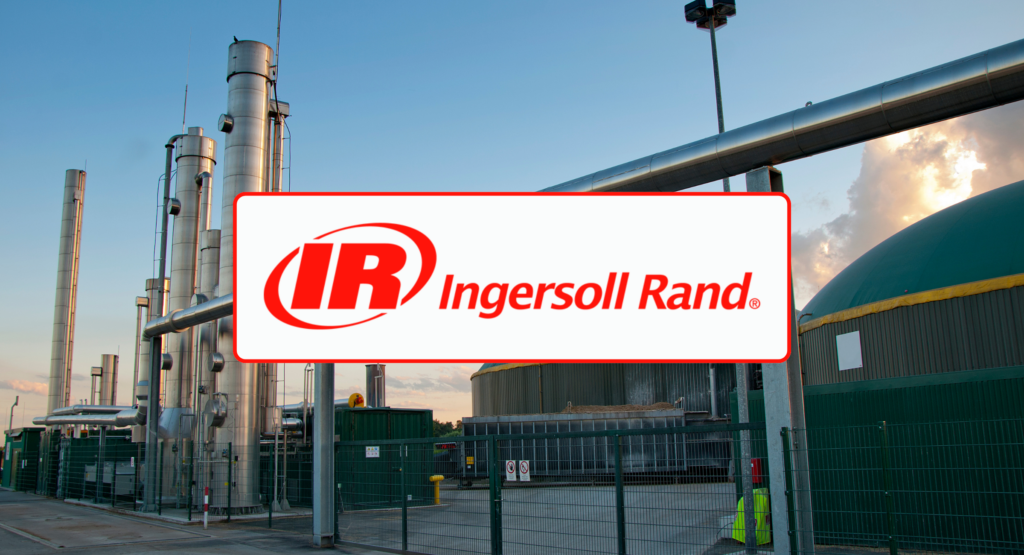
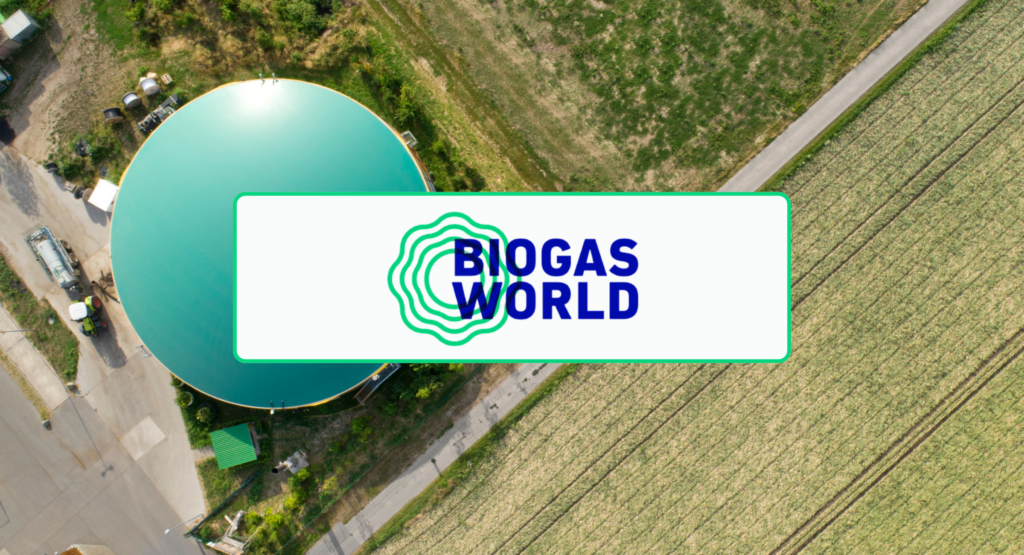
Comments